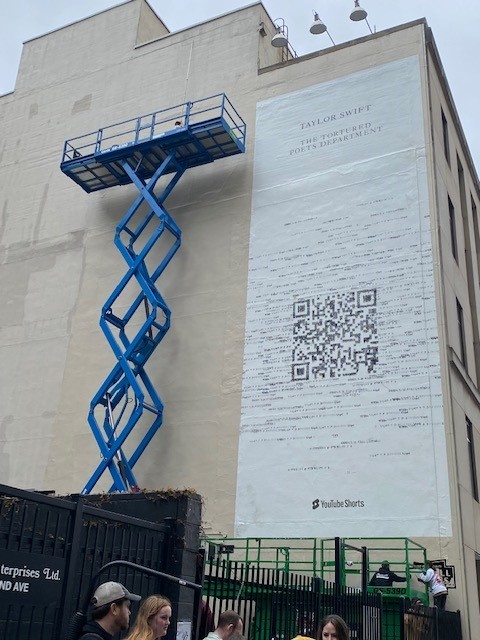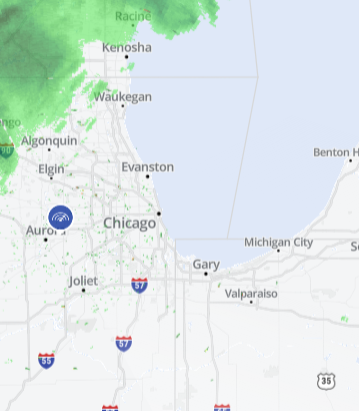Illinois Gov. Pat Quinn vetoed a bill targeting Uber and other ride-share companies with stiff state-wide regulations including mandatory commercial insurance and chaffeur's licenses for drivers.
"The principle of home rule is an important one," he said Monday morning in a statement. "I am vetoing this legislation because it would have mandated a one-size-fits-all approach to a service that is best regulated at the local level.”
House Bill 4075 had been sitting on Quinn's desk for weeks amid calls for the re-election-seeking governor not to cave to the taxi industry and instead allow fast-rising start-ups like Uber to plow undisrupted into the Illinois market, especially here in Chicago. Last month, Bruce Rauner -- who's running against Quinn on the Repubican ticket -- professed his love for Uber, declaring: "Pat Quinn shouldn’t sign this bill – it sends another signal that Illinois is closed to innovation."
In announcing the veto Monday, the Quinn Administration scrubbed away any Rauner-esque references to "innovation" as part of an apparent effort to distance the Democrat's decision from his rival's attempts to influence it. The governor instead opted to emphasize a less-government, localized approach to ride-share restriction laws.
"While transportation services are traditionally regulated at the local government level, House Bill 4075 would have limited the ability of home rule units of government to adopt alternative approaches that best fit local needs," said the statement, citing as an example a new ordinance taking effect in Chicago that bars ride-sharing apps from picking up passengers at taxi zones like local airports and McCormick Place.
(The loophole: City transportation brass reserve the power to approve O'Hare and Midway as ride-share territory, thereby permitting Uber to bust into cabbies' monopoly there.)
Quinn also vetoed House Bill 5331, which would tweak the Illinois Vehicle Code to impose further restrictions on Uber and its ilk.
Local
"I want to thank Governor Quinn for his thoughtful approach to regulating an emerging industry so that new transportation options can flourish in Chicago while consumers are ensured a safe and reliable experience," Chicago Mayor Rahm Emanuel said Monday in response to Quinn killing that provision. "Beginning next week, the City will implement the commonsense ordinance that passed City Council in May so that rideshare is no longer operating in a regulatory vacuum."
The politics of Illinois and Uber are messy and complicated as lawmakers attempt to toe a tricky line between playing nice with a consumer-friendly business and satisfying labor interests threatened by Uber's global domination goals (which include wiping out traditional taxi companies).
"HB 4075 was intended to limit competition and protect the profits of taxi company owners," Chris Taylor, general manager of Uber's Chicago branch. "It would have done nothing to improve the safety of Illinois’ streets and would have limited the growth of transportation alternatives across the state."
Continued Taylor, "Governor Quinn’s embrace of innovation adds to a growing chorus of leaders who understand the benefits of this new industry: higher incomes for drivers, choices for residents and visitors who need a ride, lower DUI rates, service in neighborhoods that have been ignored by taxi companies for decades, and economic opportunities in cities of all sizes."



